What shape and specifications are more suitable for 250g coffee tins?
A survey of 500 coffee roasters by the Specialty Coffee Association of America (SCA) found that 68% reported that their 250g coffee tins performed poorly in one or more common uses. Twenty-nine percent said the tins were too tall for standard retail shelves, while others reported poor lid seals, resulting in dents and unsaleable coffee. For a roaster selling 10,000 250g cans annually, this translates to 1,200 wasted cans and thousands of dollars in lost revenue, all of which could be avoided by choosing a better shape and size. As a tin can manufacturer, we can tell you how our 250g coffee can designs address these pain points.
250g Coffee Tins: How Shape Impacts Retail Success, Storage, and Freshness
For 250g coffee tins, shape is more than just aesthetics; it directly impacts sales, storage, and product protection. Grocery stores and specialty coffee shops in the United States use a standard shelf depth of 150 mm and a height of 200 mm. Tins that are taller than 180 mm or wider than 90 mm tend to hang on the shelves and easily fall. At the same time, coffee shops and roasters need to store bulk 250g coffee tins efficiently. Tins with flat tops and bottoms don’t wobble when stacked, saving 30% of storage space compared to irregular shapes.
Furthermore, specific shapes, such as round, distribute pressure evenly during sealing, creating a tighter airtight barrier. Irregular shapes, such as tapered tops, often leave gaps through which air can seep, shortening the shelf life of coffee beans.
One client we worked with replaced their tall, narrow 250g coffee tins (160 mm high, 65 mm wide) with a shorter, round design (120 mm high, 75 mm wide). Retail placement improved by 40%, and customer complaints about coffee spoilage decreased by 60%.
250g Coffee Tins: The Three Best Shapes for Coffee Roasters and Coffee Shops
After testing over a dozen 250g coffee tin shapes, Tsing recommends three designs that balance retail appeal, storage, and freshness. Each design meets different needs—choose one based on your business model:
1. Round 250g Coffee Tin: 75mm diameter × 120mm height
Best suited for: Retail shelf space, customer appeal, and freshness. Round tins have no sharp edges, are comfortable to hold, and offer a secure seal (thanks to the round lid). Their compact 120mm height fits standard shelves, while their 75mm diameter leaves room for adjacent products.
2. Square 250g Coffee Tin: 80mm × 80mm × 110mm
Best suited for: Bulk storage, coffee shop display cases. Square tins stack perfectly and maximize shelf space, occupying 25% more shelf space than round tins. Compared to curved coffee tins, the flat surface of a square coffee tin better showcases custom coffee tin designs, such as brand logos and coffee bean production sites.
3. 250g Rectangular Coffee Tin: 100mm × 65mm × 115mm
Best suited for: Gift sets, subscription boxes. The rectangular can easily fit into mailing bags and pairs well with other merchandise, such as a can of coffee and a bag of cookies in a gift box. Its slim profile also stands out on end-cap displays.
Essential Specifications for Coffee Tins
Shape is fundamental, but specifications determine whether your 250g coffee tin effectively protects your product. Tsing’s 250g coffee tins must meet three essential specifications to ensure the freshness and durability of your coffee:
1. Material: 0.23mm food-grade tinplate
Thinner tinplate (0.18mm) is prone to dents during shipping, while thicker tinplate (0.25mm and above) adds unnecessary weight. Tsing’s 0.23mm tinplate is durable enough to withstand bulk processing and lightweight, making it inexpensive to ship. It’s also food-grade so that no metal will leach into the coffee beans.
2. Lid: Press-on design with silicone gasket seal
Coffee beans absorb oxygen quickly, and exposure to air reduces their freshness from six months to four weeks. Tsing’s lid features a silicone gasket that creates a tight seal when pressed, reducing oxygen exposure by 95%. The press-on design makes it easy for customers to open while maintaining a seal during shipping.
Testing proves this: We sealed coffee beans in Tsing’s 250g cans and competitors’ cans without gaskets. After four months, the Tsing cans retained 85% of the beans’ original aroma, while the competitor’s cans retained only 40%.
3. Liner: BPA-free epoxy coating
The liner of the 250g can prevents the tinplate from reacting with acidic coffee oils. Tsing uses a BPA-free epoxy coating certified by the U.S. Food and Drug Administration (FDA) (21 CFR Part 175) and EU Regulation (EC) No. 10/2011, making it safe for both coffee beans and consumers.
Balancing Customization with Mass Production Efficiency
Many roasters want 250g coffee tins that reflect their brand, but custom designs can slow down mass orders. Tsing addresses this issue by balancing customization with efficiency. First, we use FDA-approved, full-color inks to print logos, coffee bean origin stories, or holiday themes. We also offer a choice of matte or glossy finishes. Furthermore, our minimum order quantity is 6,000 pieces, meeting the large-volume needs of medium and large roasters. If you require customization, please get in touch with us in advance and allow ample time for consultation. Furthermore, we have over eight production lines with a monthly production capacity of 8 million metal cans, 30% faster than the industry average.
A Midwestern roaster took full advantage of this: they ordered 6,500 custom 250g square coffee tins, emblazoned with the roaster’s logo and the phrase “sustainably sourced,” and they were delivered within 45 days.
Effectively Addressing Roasters’ Pain Points
Even the perfect shape and specifications can fail if the manufacturing process is inconsistent. Tsing’s process addresses three major pain points with bulk 250g coffee tins. The first is denting. For bulk orders, we use automated packaging and five-wall corrugated cartons with dividers. This reduces denting to 2%. Next is lid leaks. Each 250g coffee tin undergoes a pressure test, where we inject air into the sealed can and then immerse it in water. If bubbles appear, indicating a leak, we recheck and rework. Finally, dimensional inconsistency. Our molds maintain a tolerance of ±0.1mm across all dimensions, ensuring perfect placement and stacking on retail shelves.
Choose the Right Shape and Size
For 250g coffee tins, the right shape and size can transform packaging into an advantage: round tins enhance retail appeal, square cans save storage space, and rectangular cans shine in gift sets. Essential specifications like 0.23mm tinplate, gasket-sealed lids, and BPA-free liners ensure coffee quality and customer trust. As a wholesale coffee tin supplier, Tsing transforms these options into stable, cost-effective bulk orders, allowing you to focus on what you do best: roasting high-quality coffee.

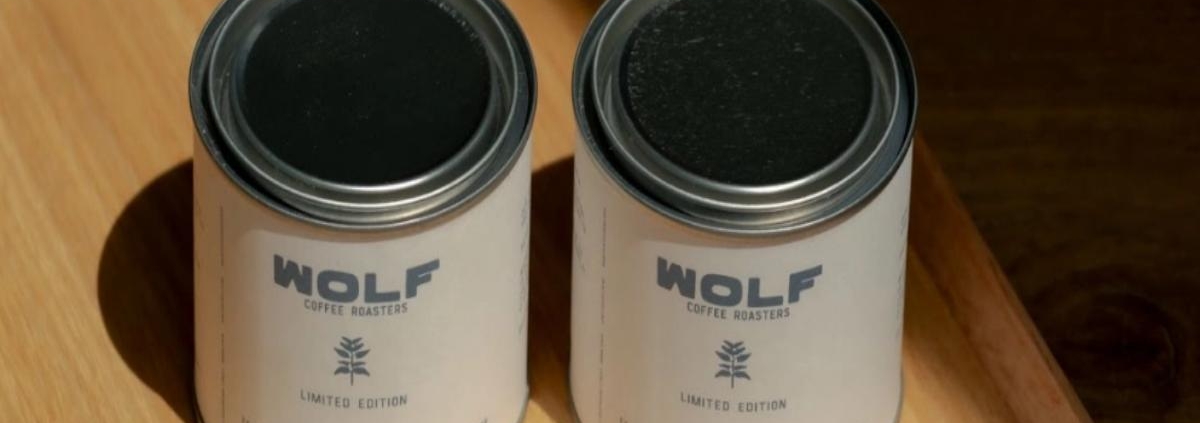
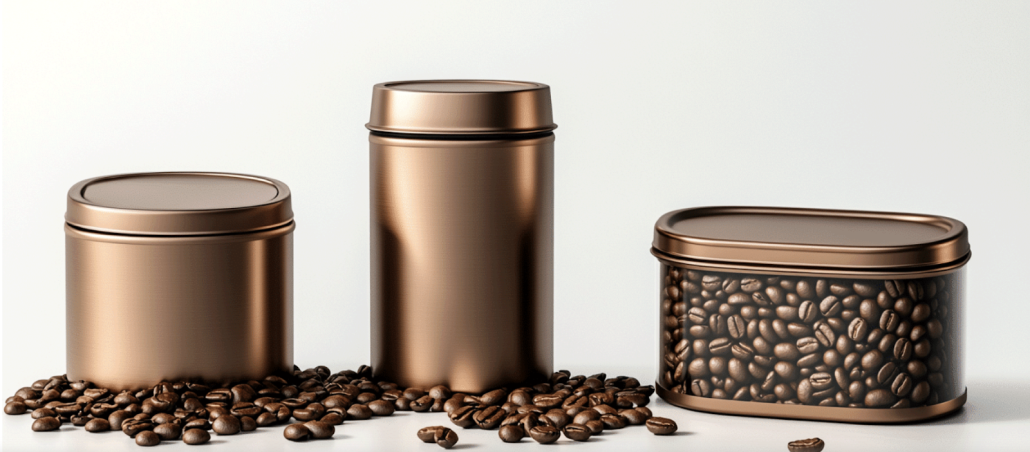
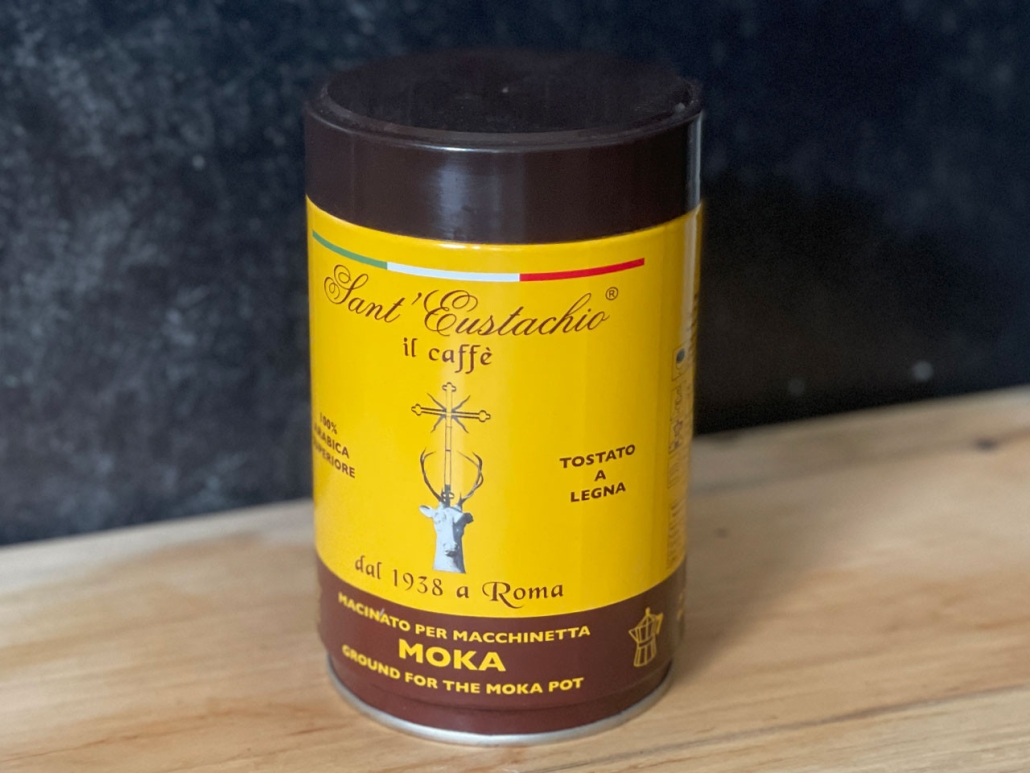
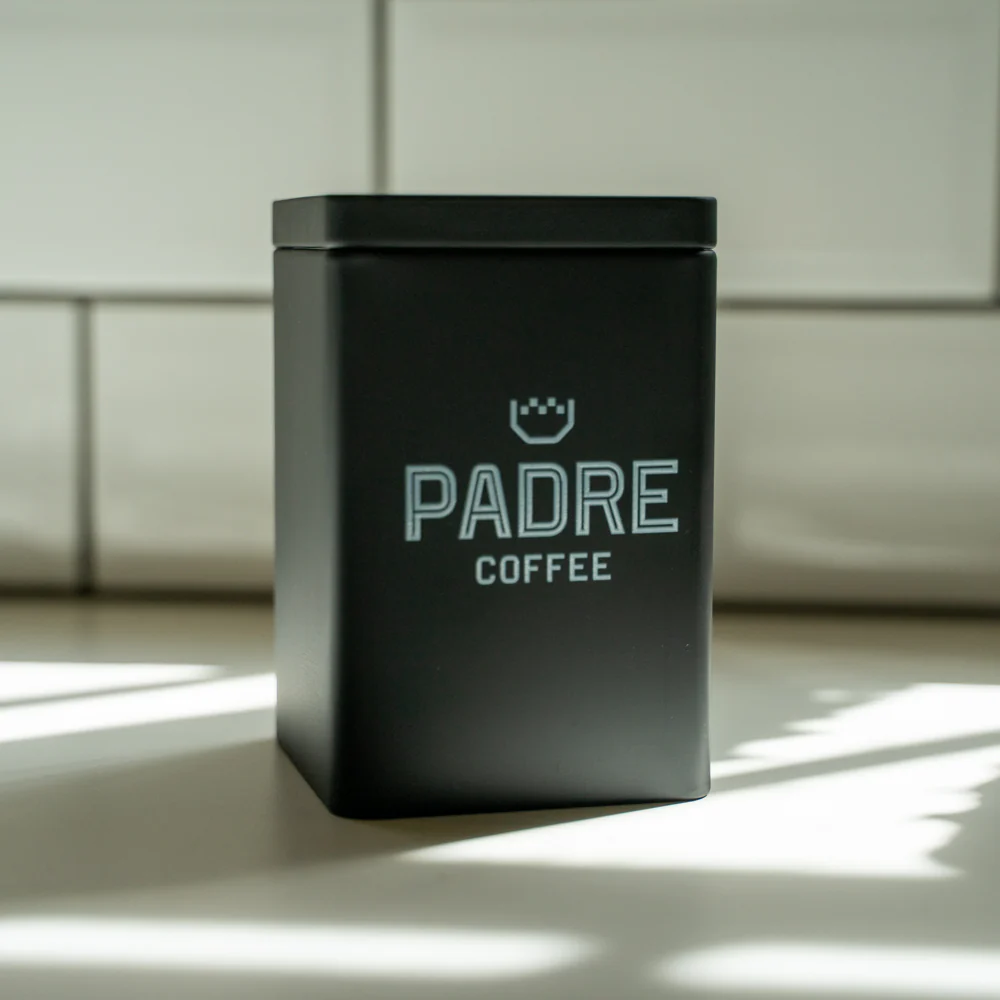
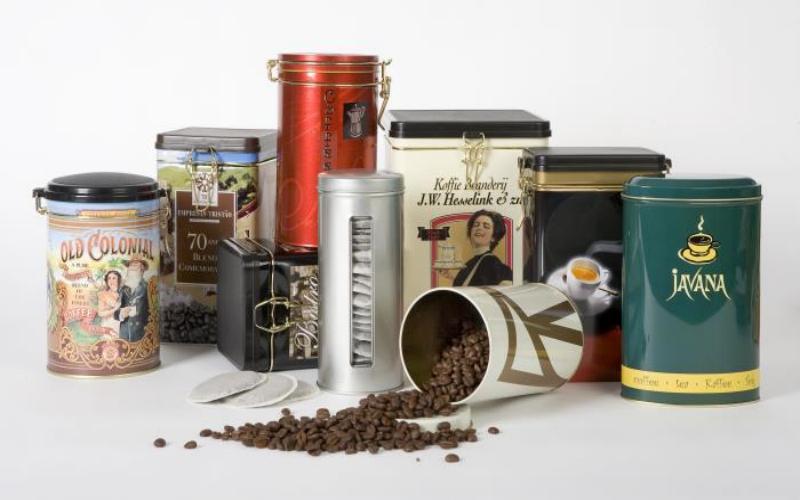
 Facebook
Facebook Twitter
Twitter Linkedin
Linkedin
